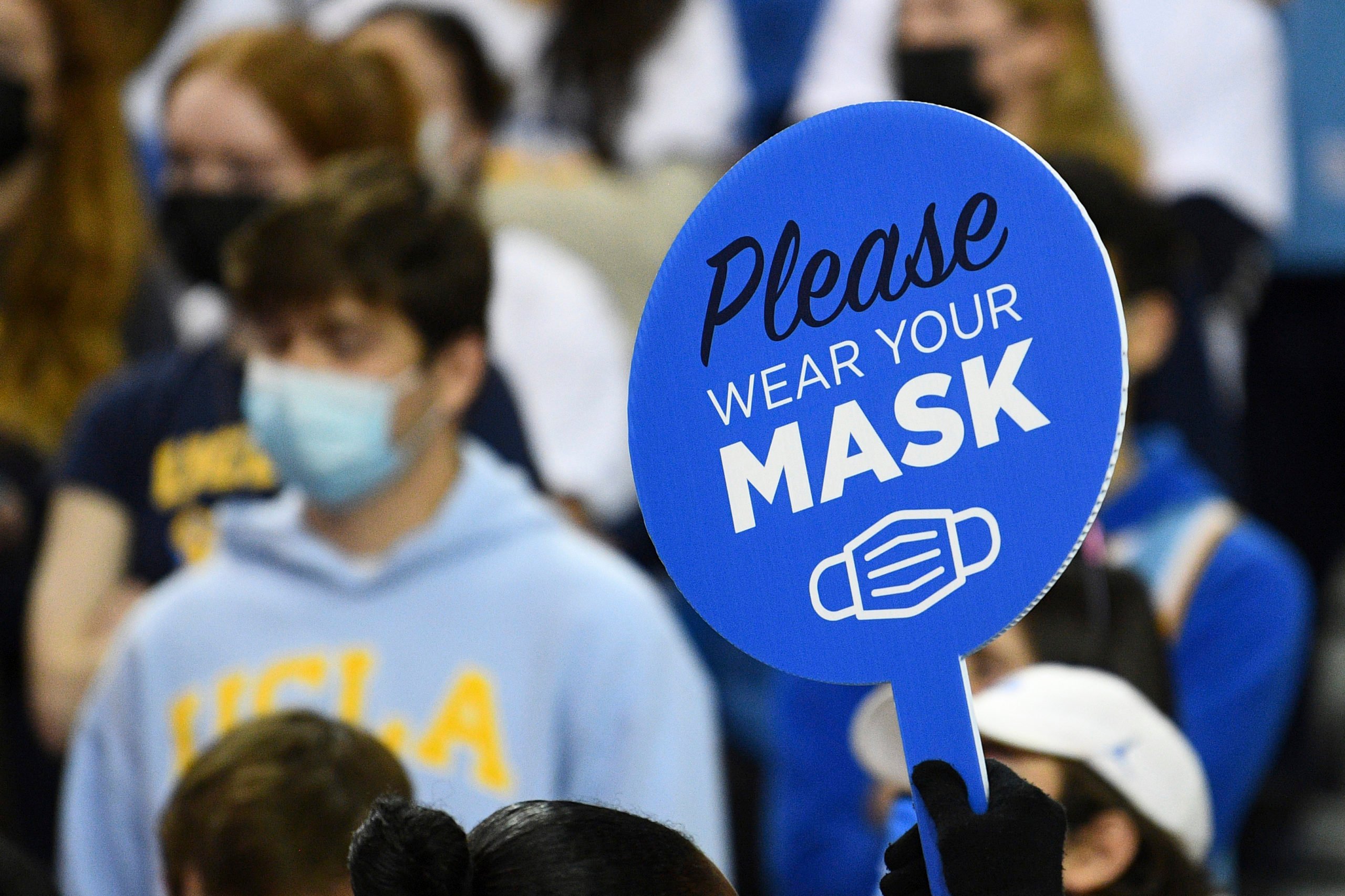Bad Bill: Matt Krause’s License to Discriminate
Rep. Matt Krause (R-Fort Worth)
Under this bill Rep. Matt Krause wants to allow student organizations, even those at private schools, to discriminate.
Student organizations must currently follow their university’s nondiscrimination policies, and most colleges and universities require student groups to accept anyone who wants to join. But Krause hopes to change that. The bill’s current language says that a Texas institution couldn’t receive state funding if it requires student organizations to accept students “regardless of the student’s beliefs or status, including race, gender, and sexual orientation.”
It may sound like pedaling back to an era before the Civil Rights movement, but Rep. Krause assures that it’s “perfectly complementary with the Civil Rights Act” and “it kind of upholds it.” He said the bill is an effort to reinforce First Amendment rights to free speech and free association.
Krause gave a slew of examples of how his bill would protect these rights. Like the NAACP: “You wouldn’t want a neo-Nazi or a skinhead in a place of leadership.” Or if a disc golf team is forced to admit “someone that hates to play disc golf, then that’s antithetical to why you started the group.”
But, wait, there’s more: Consider a group like the Red Hat Society, a social organization for women generally 50 or older. “You would exclude the blue hats because the reason for the group is to have all the ladies wear red hats,” Krause said.
The bill not only would allow discrimination but would go against the 2009 U.S. Supreme Court ruling in Christian Legal Society v. Martinez that discrimination in student groups is unconstitutional
The case originated when the Christian Legal Society, a student organization at the University of California’s Hastings College of Law, had its members sign a “Statement of Faith” that included a prohibition against engaging in sexual activity before marriage to someone of the opposite sex. The school administration intervened, telling the Legal Society that it had to allow any student to join, regardless of a student’s sexual orientation. In response, the Legal Society sued the school. The Supreme Court sided with the university, ruling that any organization affiliated with an institution of higher education must abide by the school’s nondiscrimination policy.
But that hasn’t stopped Krause. On the contrary, it inspired him to write his bill in defiance of the court’s ruling. Echoing the Legal Society’s argument, Krause, who was in the inaugural class of Jerry Falwell’s Liberty University School of Law, said his bill is a matter of protecting free speech, and that the Supreme Court had gotten it wrong.
The Supreme Court decision seems to haunt Krause, who worries about infiltration of student groups.
“There’s savvy individuals who might say ‘we could overtake that group and change its purpose,’” he said.
Krause’s bill would put universities in a terrible position, said Rebecca Robertson, legal and policy director for the ACLU of Texas. “We’re opposed to those sorts of uses of religion as cover for discrimination,” she said. “It’s not legitimate to use public funds for discriminatory conduct.”
Even if they have blue hats.


